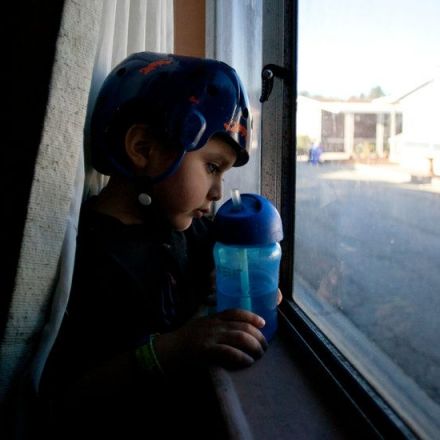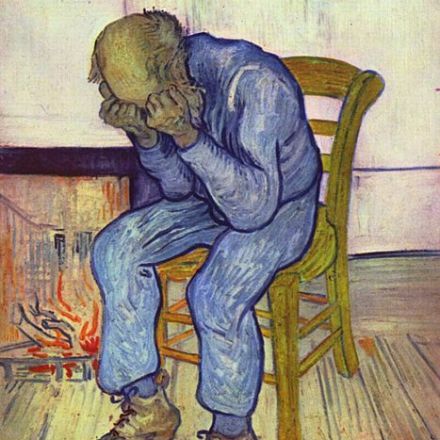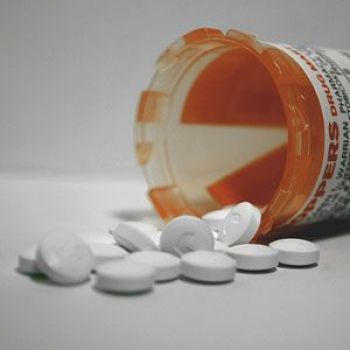

10 years ago
4
Antipsychotics Too Often Prescribed For Aggression In Children
Drugs intended to treat psychosis are also used to treat behavioral problems in children with ADHD. Less risky behavioral treatments and medications should be the first choice, researchers say.
Continue Reading
Additional Contributions:



























Join the Discussion
My biggest problem with the antipsychotic medication is how poorly explored the side effect profile is. The fact that the atypicals tend to cause weight gain is still poorly understood by average clinicians, despite a variety of studies which have proposed mechanisms, including alteration of GLUT transporter kinetics. Giving them to kids is kinda like a longitudinal study with questionable ethical grounds.
I'm always saddened, but not surprised, when I see articles like this. My experience in the field so far has been that physicians typically have good intentions when doing something like this, trying to provide a short-term solution (i.e., medication) while a family engages in a long-term solution (e.g., parent training like PCIT), so the medication can be reduced over time. Unfortunately, families start the medications, think "wow, Johnny is behaving much better, we don't have any problems now" and don't follow-up for the therapy. (It's rarely that simple, sometimes families are unable to make it to the other site, sometimes they can't make the frequent appointments fit their schedules, etc.)
This is so concerning- why are these drugs not heavily restricted for minors.
Because, in theory, physicians should be the experts who self-enforce restrictions, most likely. It's also incredibly difficult to monitor and restrict medications, and it can cause a lot of headaches for the families that actually need those medications, so they seem to reserve the restrictions for prescriptions that can be potentially abused by addicted patients.